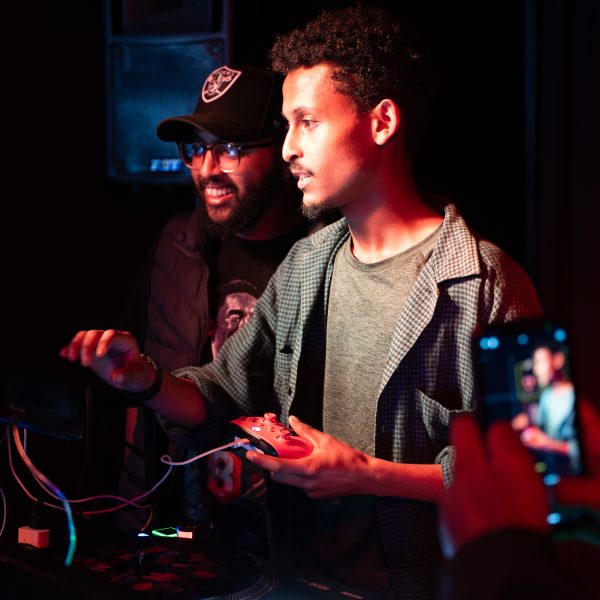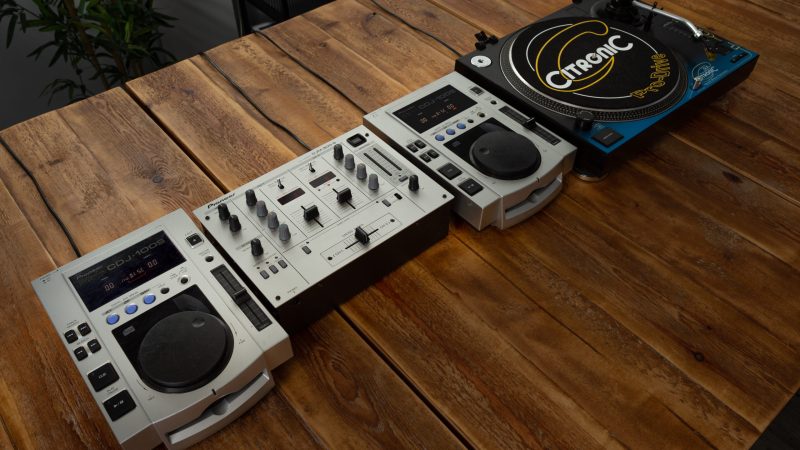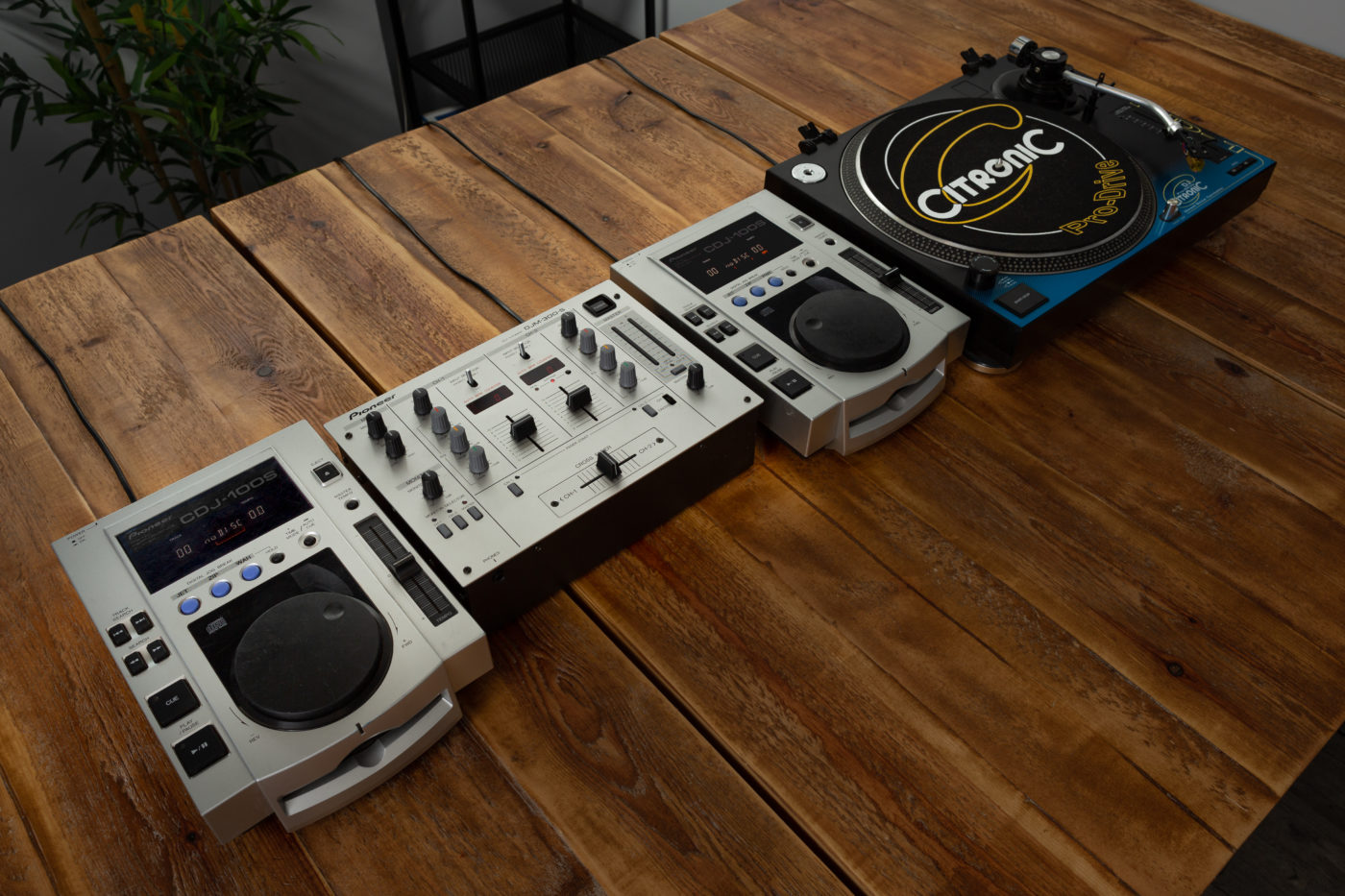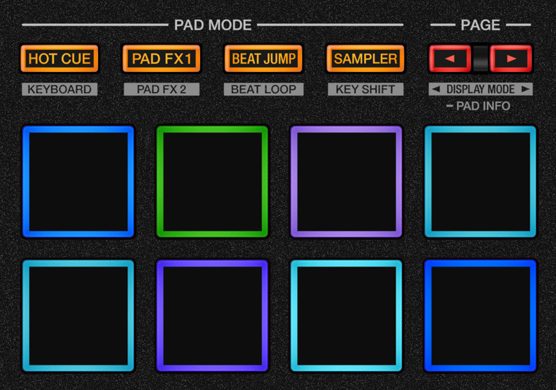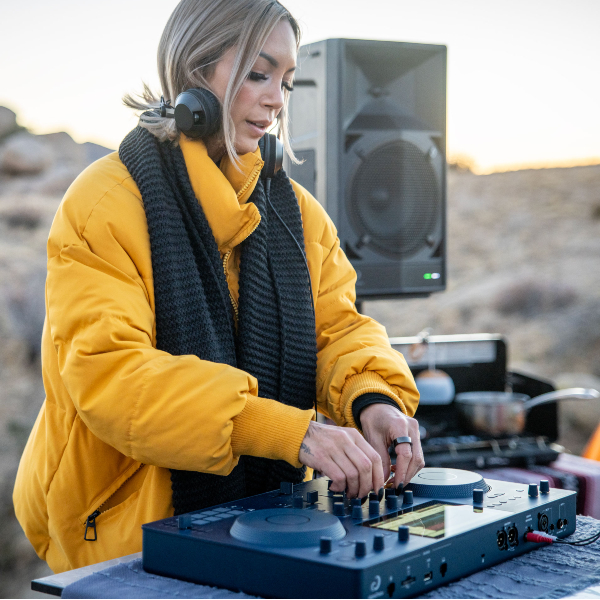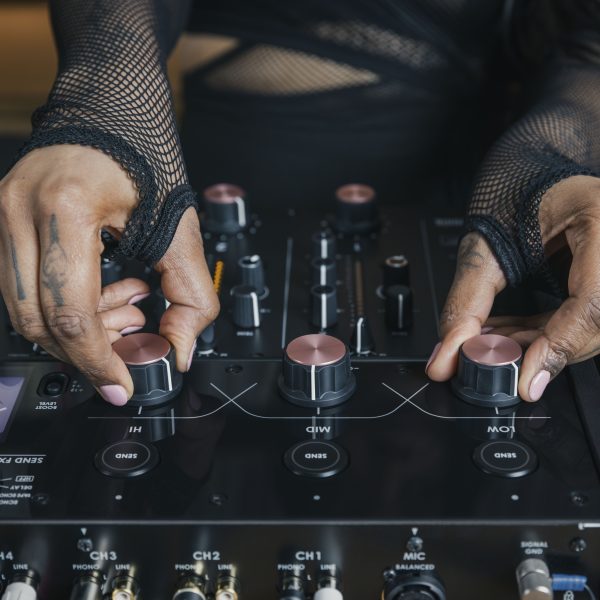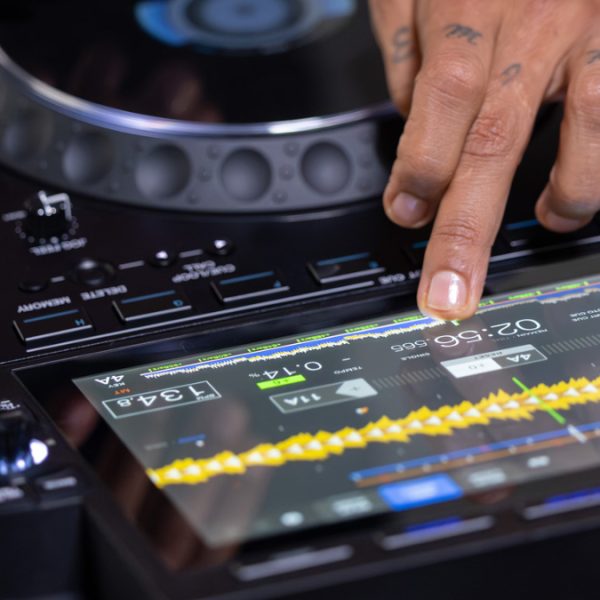Even when we love doing something, it’s easy to get stuck in ruts.
We are, after all, habitual creatures. If we believe that something works we tend to keep doing it—sometimes even when we’re presented with more effective methods. If a shortcut or a path of least resistance is available, we usually take it. It’s a complex topic but in essence evolution shaped us this way in order to conserve resources. However, when it comes to creativity, the downside is that this natural programming can limit us.
How does this apply to DJing? It’s there in the way you swap the bass EQs in the same way each time. Or buy music from the same record labels. Or select tracks through the same thought processes. Even the most growth-orientated DJs among us will have stuff they learned early on and never deviated from. Put all of this together, and you might eventually find yourself feeling a little jaded by DJing generally, when the problem might actually be individual components of your practice.
The exercises we’ll explore here were inspired by the world of music production. At least as far back as Brian Eno’s Oblique Strategies cards in the 1970s, artists and producers have been using challenges and limitations to jumpstart creativity. At root is the idea that we grow or change when we’re out of our comfort zone and are forced to think differently.
Feel free to modify our challenges to suit your needs and your situation, but we’d advise being both prescriptive and precise, like we have here, as these things usually work best when we follow strict rules. That said, don’t forget to have fun and play with it.
